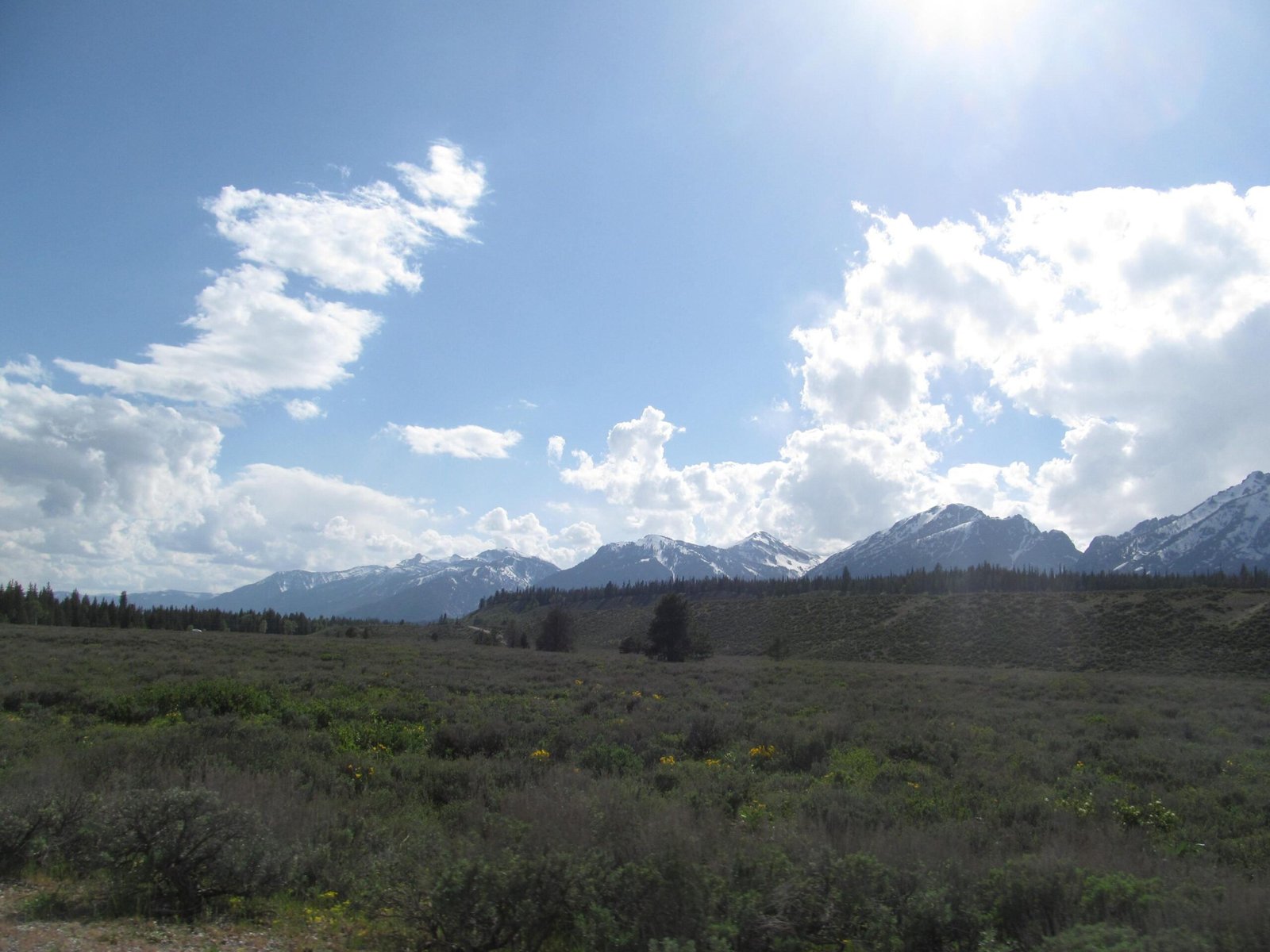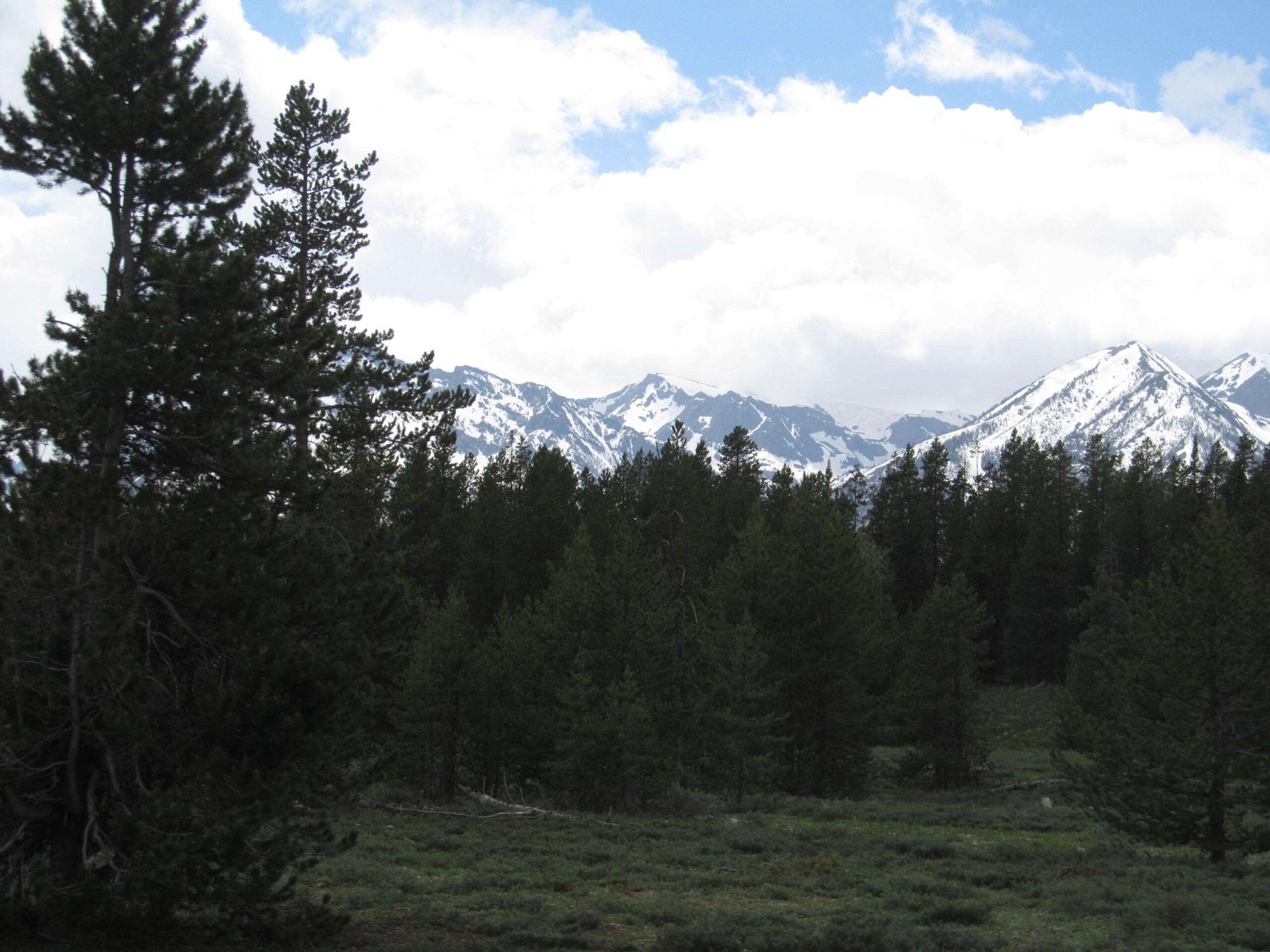Grand Teton National Park encompasses 310,000 acres of pristine wilderness, requiring visitors to adhere to strict regulations that protect both the environment and park guests. Comprehensive rules cover critical aspects like wildlife interaction, camping protocols, backcountry access, and conservation efforts, ensuring a safe and sustainable experience for all visitors while preserving the park’s delicate ecosystem and natural resources.
What Are the Camping Regulations?

Where Can Visitors Set Up Camp?
Camping in Grand Teton National Park is strictly regulated to protect the natural environment. Visitors must follow these specific guidelines:
| Campground | Maximum Stay | Reservation Method |
|---|---|---|
| Jenny Lake | 7 nights | Recreation.gov |
| Other Campgrounds | 14 nights | Recreation.gov |
| Annual Limit | 30 nights | Advanced Booking |
Key Camping Restrictions:
– Only designated campgrounds allow overnight stays
– No car camping in parking areas or pullouts
– Advance reservations mandatory
– Bear-proof food storage required
How Should Wildlife Encounters Be Managed?
Wildlife safety is paramount in Grand Teton National Park. Visitors must:
- Maintain a safe distance from all animals
- Never feed wildlife
- Store food in bear-resistant containers
- Follow strict food storage protocols:
- Use bear canisters
- Secure food in vehicles
- Hang food 10 feet high and 4 feet from vertical poles
What Are the Fire Safety Requirements?
Fire regulations are critical for preventing wilderness destruction:
- Campfires permitted only in designated metal fire grates
- Complete extinguishment mandatory before leaving site
- Unattended fires strictly prohibited
- Seasonal fire restrictions may apply
What Permits Are Required for Backcountry Access?
Backcountry exploration demands careful preparation:
- Overnight trailhead parking requires specific permits
- Backcountry permits obtainable through park office
- Advanced reservation recommended
- Fees may apply for permit processing
What Additional Park Regulations Should Visitors Know?
Environmental Considerations:
– Pack out all trash
– Stay on designated trails
– Respect wildlife habitats
– Minimize environmental impact
Seasonal Considerations:
– Food storage order active March 1 – December 1
– Weather-dependent regulations may change
– Check current park conditions before visiting
Visitor Responsibility

Adherence to Grand Teton National Park rules ensures:
– Personal safety
– Wildlife protection
– Ecosystem preservation
– Enjoyable park experience
Visitors must remain flexible, informed, and respectful of park guidelines to contribute to conservation efforts.
Reference:
– National Park Service – Grand Teton
– Recreation.gov Camping
– Grand Teton Visitor Guidelines

